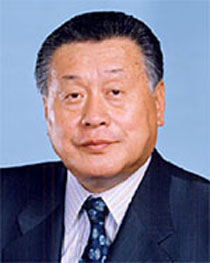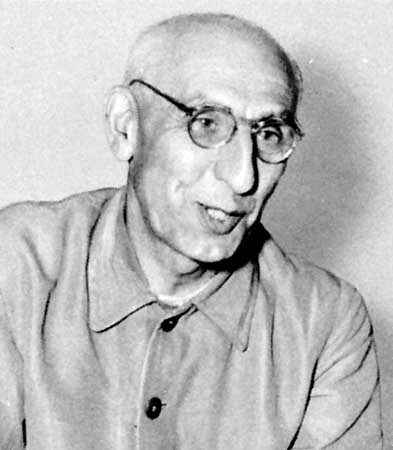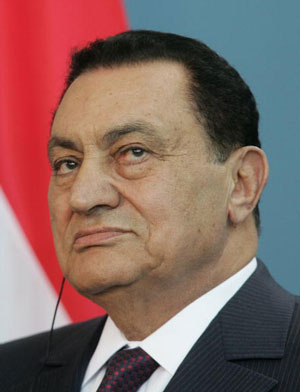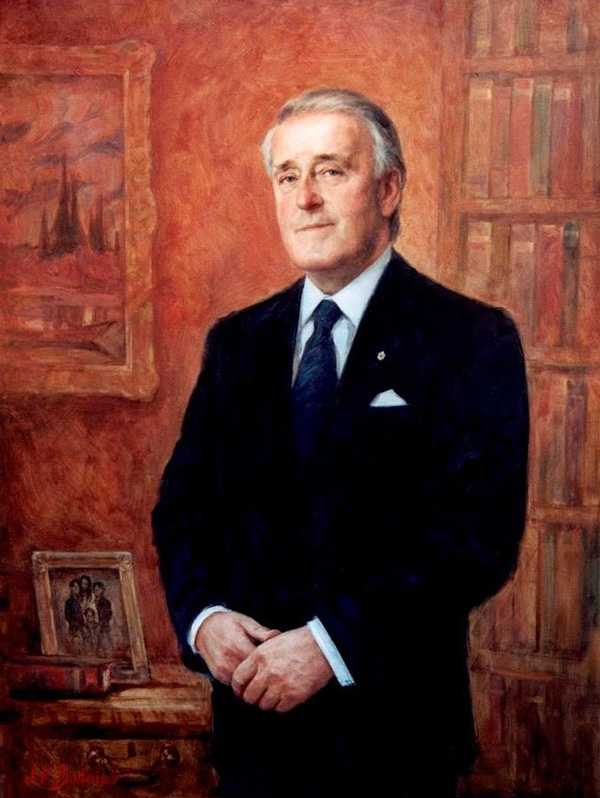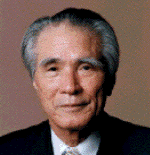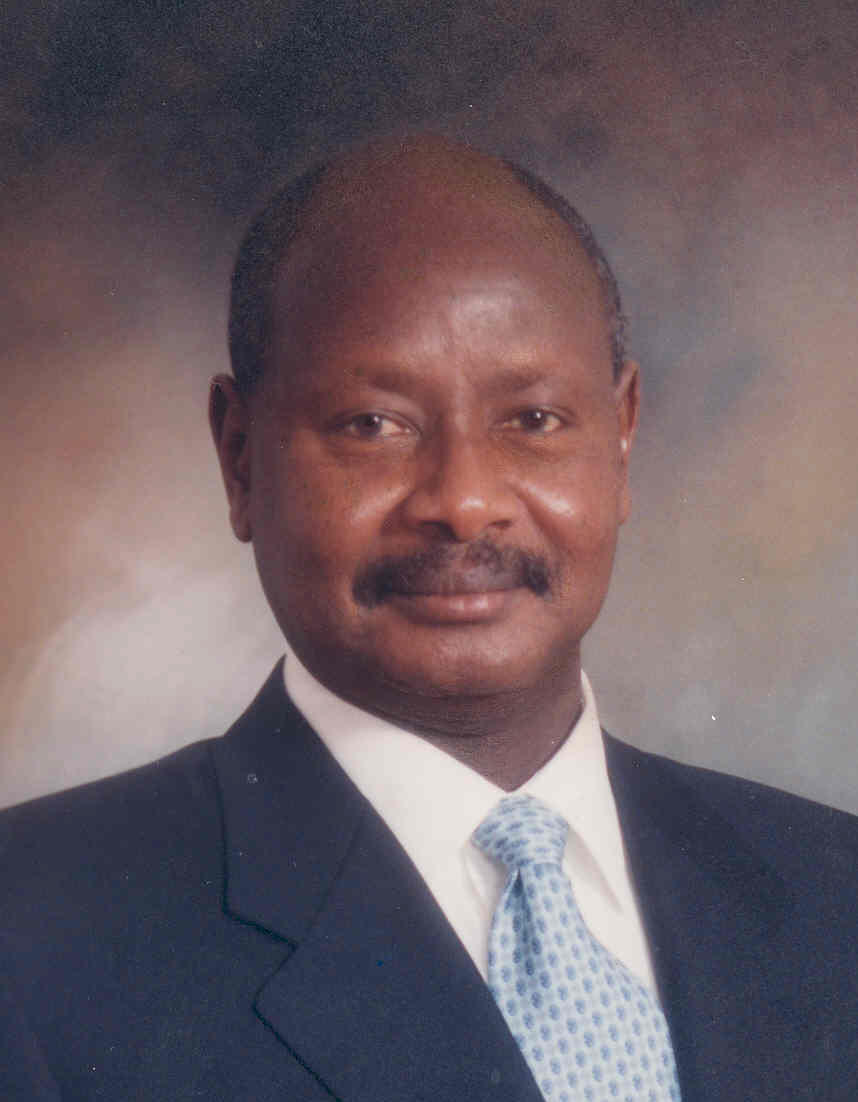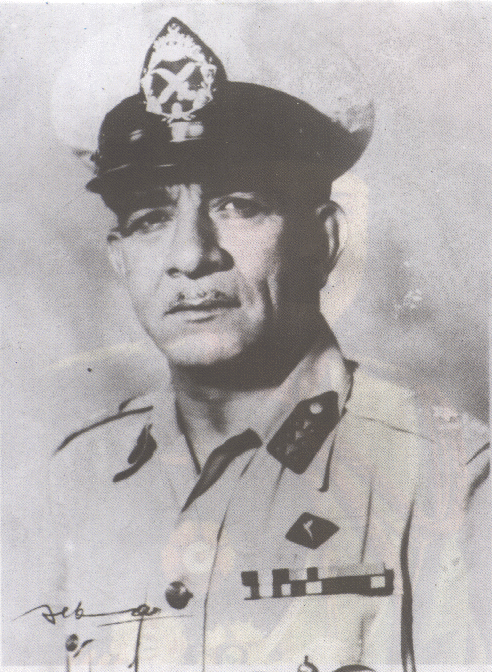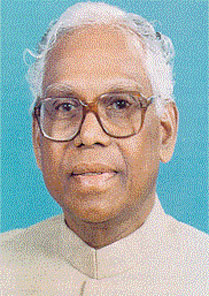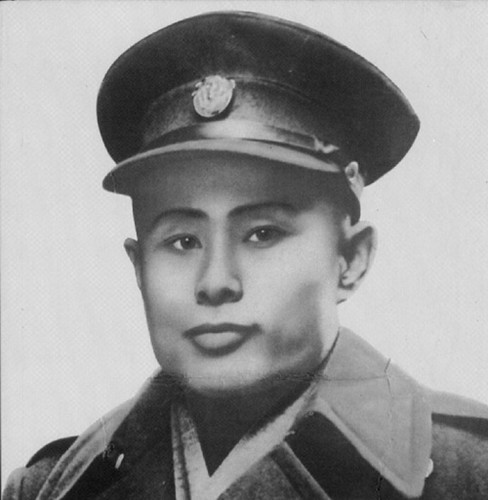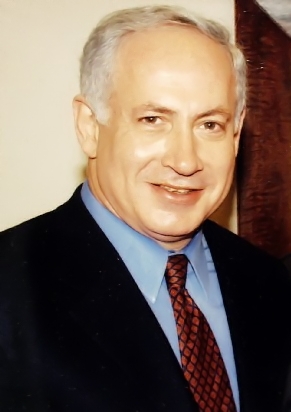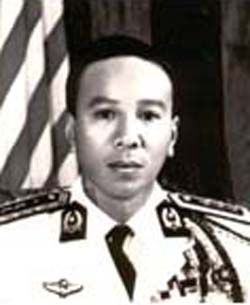
born Feb. 21, 1924, Kutama, Southern Rhodesia [now Zimbabwe]
in full Robert Gabriel Mugabe the first prime minister (1980–87) of the reconstituted state of Zimbabwe, formerly Rhodesia. A black nationalist of Marxist persuasion, he eventually established one-party rule in his country, becoming executive president of Zimbabwe in 1987.
The son of a village carpenter, Mugabe was trained as a teacher in a Roman Catholic mission school. He was introduced to nationalist politics while he was a student at the University College of Fort Hare, South Africa, and between 1956 and 1960 he taught in Ghana.
Mugabe returned to Rhodesia in 1960, and in 1963 he helped the Reverend Ndabaningi Sithole to form the Zimbabwe African National Union (ZANU) as a breakaway from Joshua Nkomo's Zimbabwe African People's Union (ZAPU). In 1964 he was arrested for “subversive speech” and spent the next 10 years in prison. During that period he acquired law degrees by correspondence courses. While still in prison he led a coup in 1974 deposing Sithole as ZANU's leader.
In 1975 Mugabe was freed, and during the civil war that pitted Rhodesia's black majority population against Prime Minister Ian Smith's white-ruled Rhodesian government (1975–79), Mugabe was joint leader, with Nkomo, of the Patriotic Front of Zimbabwe. The party's guerrillas operated against the Rhodesian government from bases in neighbouring Zambia, Mozambique, and Angola. Fresh negotiations in London in 1979 ended the war and led to new British-supervised parliamentary elections in February 1980. Mugabe's party won a landslide victory over the other black parties, and he became prime minister.
As prime minister, Mugabe initially followed a pragmatic course designed to reassure Zimbabwe's remaining white farmers and businessmen, whose skills were vital to the economy. He formed a coalition government between his party, ZANU (which drew its support from the majority Shona people), and Nkomo's ZAPU (which drew its support from the minority Ndebele people), and he abided by the new constitution's guarantees of substantial parliamentary representation for whites. At the same time, Mugabe took steps to improve the lot of black Zimbabweans through increased wages, improved social services, and food subsidies. In 1982 Mugabe ousted Nkomo from the coalition cabinet, and ethnic strife between the Shona and the Ndebele subsequently troubled the country. Zimbabwe's economy steadily declined despite Mugabe's measures, and whites continued to emigrate in substantial numbers.
Mugabe had always intended to convert Zimbabwe from a parliamentary democracy into a one-party socialist state. In 1984 his party, now called the Zimbabwe African National Union-Patriotic Front, or ZANU-PF, held a congress, made Mugabe its unchallenged leader, and set up a new party structure with a Central Committee and a Politburo that were designed to rule both the party and Zimbabwe. In 1987 Mugabe's and Nkomo's parties merged into one under the name of ZANU-PF, and as first secretary of the new party, Mugabe retained absolute control over it. On December 31, 1987, he became Zimbabwe's first executive president, effectively establishing one-party rule. In 1990 he was reelected president in a multiparty election that was marked by intimidation and violence.
Mugabe faced growing unrest in the late 1990s. A failing economy and his decision to send troops to assist President Laurent Kabila of the Democratic Republic of the Congo in his fight against rebels led to strikes, and in November 1998 riots occurred following Mugabe's announcement that he and members of his cabinet would receive pay increases. Factions within ZANU-PF continued to press for a true multiparty system. The first real opposition to Mugabe's government came from the Movement for Democratic Change (MDC), formed in September 1999 and led by trade unionist Morgan Tsvangirai. In the parliamentary elections of 2000, the MDC won about half of the contested seats, but ZANU-PF won or controlled most of the remaining seats and thus maintained firm control of Zimbabwe. Meanwhile, war veterans, demanding immediate land reforms, threatened to occupy some of the country's white-owned farms. Mugabe showed sympathy for their cause, doing nothing to dissuade them. In the months leading to the 2000 parliamentary elections, the veterans acted on their threats, which led to heightened tensions in the country.
Although Mugabe was reelected in 2002, the elections were tainted by violence and criticized by observers. A law passed later that year allowed Mugabe to pursue an aggressive program of confiscating white-owned farms; more than half of the country's white farmers were forced to relinquish their property. Unfortunately, property was often claimed by politically connected individuals with little or no farming experience. The government's lack of forethought in forcing out the white farmers and failing to replace them with experienced farmworkers contributed to a significant decline in agricultural productivity; this, as well as a drought, led to severe food shortages in Zimbabwe.
As Mugabe's popularity further declined, his regime became increasingly brutal and repressive. Media freedom was curtailed, the opposition was harassed, and a controversial program that caused the demolition of illegal housing structures was implemented, rendering hundreds of thousands of Zimbabweans homeless.
